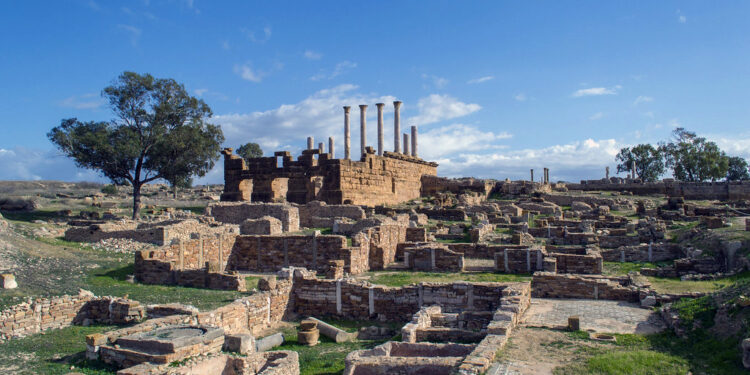A Tuniso-Italian archaeological mission has uncovered one of the best preserved Roman hydraulic networks in North Africa to Thuburbo. This remarkable discovery includes a 25 -meter deep well, intact tanks and two seasonal thermal complexes in use until the 5th century.
Fruit of four years of research carried out by the National Heritage Institute (INP), the University of Manouba and that of Bologna, this campaign mobilizes more than 50 experts. Today, excavations give way to the study, restoration and valuation of the site.
The unearthed network reflects the ingenuity of the Roman engineering, capable of ensuring a constant supply of drinking water by a complex collection, transport and distribution system, to the underground sewers. It fed the thermal baths, fountains and homes, in a city where water structured urban space.
The recent study also reveals the presence of gardens and green spaces in houses, opening up new perspectives for the reconstruction of ancient microclimates and the tourist valuation of the site.
This innovative approach, combined with a now balanced Tunisian-Italian cooperation, has made it possible to extend research beyond the known urban limits. A new campaign is scheduled in the fall of 2025, focused on green spaces, domestic hydraulics and peripheral areas.
These advances pave the way to a future cultural and tourist journey for the benefit of the conservation of the national heritage.








